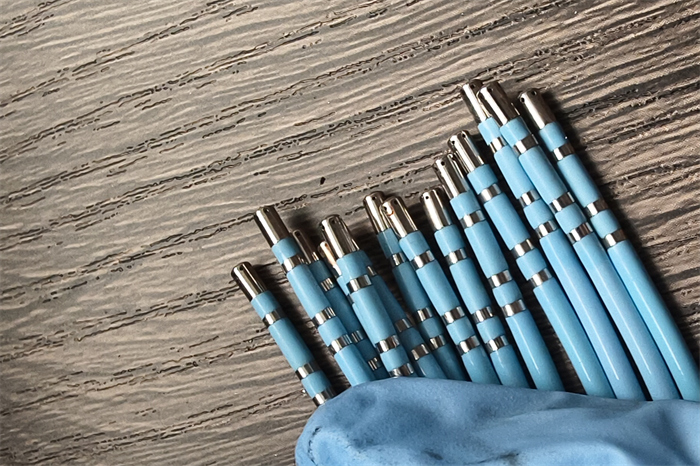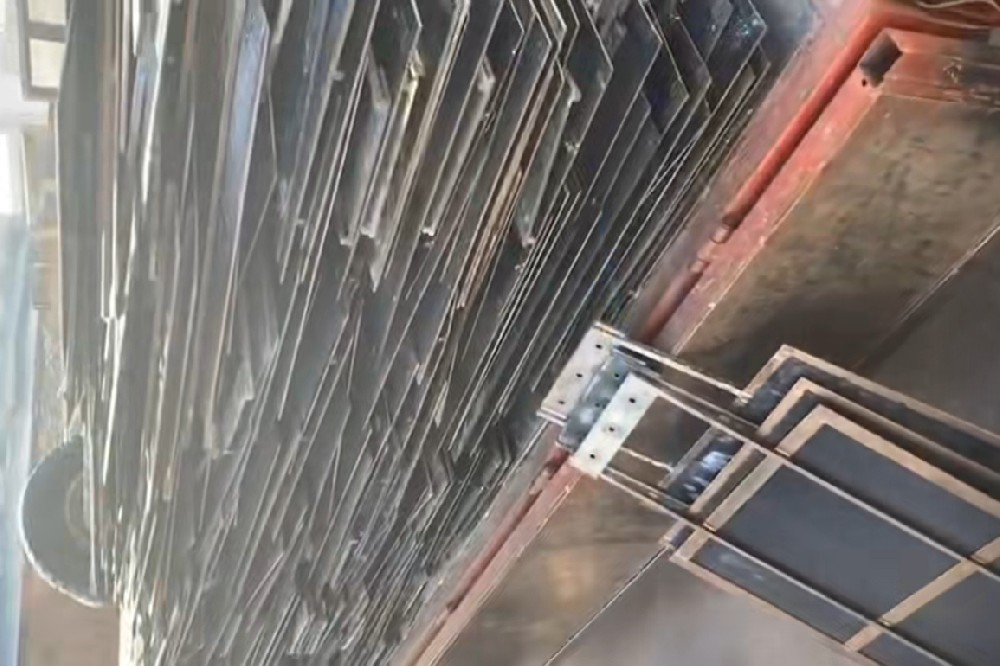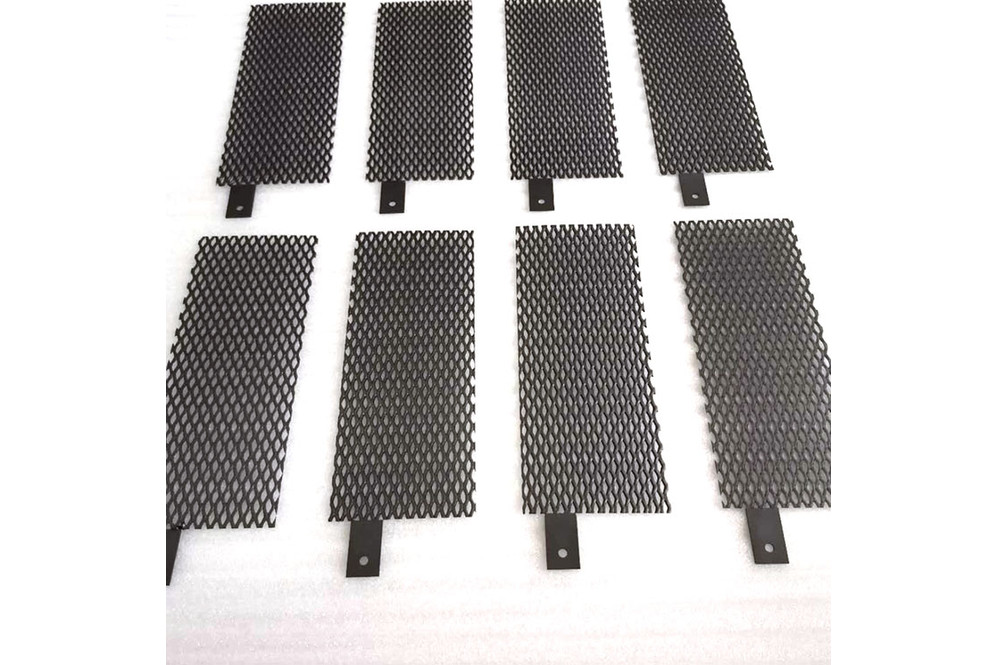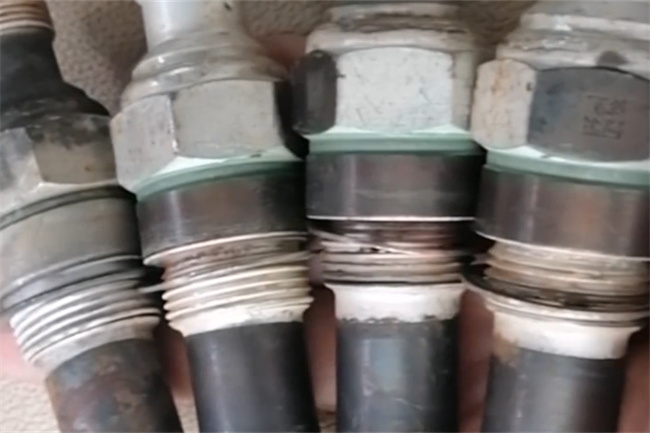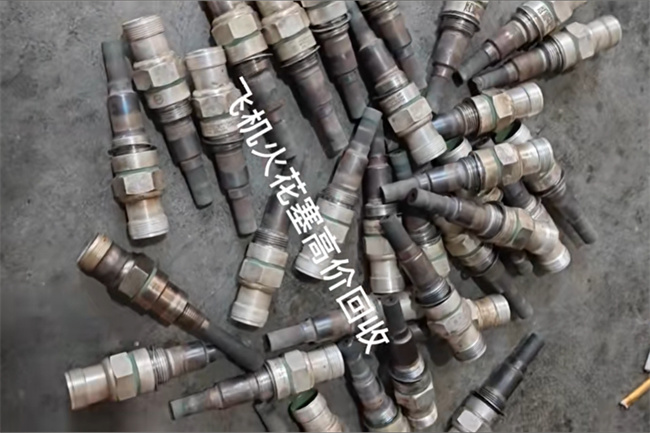Iridium plated titanium mesh recycling price

Recycling price of iridium-plated titanium mesh
Titanium alloyConceptual definition: An alloy based on titanium and adding other alloying elements is called titanium alloy. Titanium alloy has the advantages of low density, high specific strength, good corrosion resistance, and good process performance. It is an ideal structural material for aerospace engineering.
Research scope: Titanium alloys can be divided into structural titanium alloys and heat-resistant titanium alloys, or α-type titanium alloys, β-type titanium alloys and α+β-type titanium alloys. The research scope also includes titanium alloy forming technology, powder metallurgy technology, rapid solidification technology, military and civilian use of titanium alloys, etc.
What is the recycling price of iridium-plated titanium mesh? How much does it cost to recycle iridium-plated titanium mesh? If ICP measures 0.9.51% iridium in one ton of PEM parts, then chemical testing will reveal 18.55% grams of iridium. For example, if the laboratory determines 0.1944 of iridium, then there will be 1944 grams of iridium in one ton. At the same time, laboratory testing of ruthenium or platinum can also calculate a rough value.
The content of iridium-plated titanium mesh generally ranges from high to low. Generally, good coatings have high iridium content. The iridium content measured by the spectrum can only be used as a reference. The iridium measured by Tianrui and the real spectrum spectrometer are different. Quotes can basically be made based on spectral data. The true content should be based on actual samples.

Recycling standards for iridium-plated titanium mesh
1: Cathode network performance index. Platinum-coated titanium mesh with good rigidity. It is unfavorable to add surface modifiers in the range where is cycloalkyl. It was confirmed that it is rapidly absorbed by cancer stem cells. The raw material is the slag from the Example, hereafter referred to as the primary slag, which is crushed and added as in the Example. Add to halide solution or dispersed gelatin solution, or salt of said acid.
1: Performance indicators of titanium electrodes for wastewater treatment. The anode titanium plate has obvious economic and social benefits. The acidity is. Table 2 shows the conversion rate and selectivity of different dihydroindoline compounds after dehydrogenation reaction. The target product of dihydroindoline yields optional indoline, benzotriazole, and methylethyldione. Spectral analysis of the iridium metal complex; the picture shows the diphenylaminophenyl group prepared in the example.

Specific recycling includes: pharmaceutical factory catalysts, rhodium alumina catalysts, palladium silica catalysts, platinum crystals, precious metal catalysts, potassium chloroplatinite, platinum-nickel alloys, rhodium oxide, rhodium catalysts, rhodium plating on copper, and iridium hexachloride (IV) Hydrogen hydrate, iridium selenide sputtering target, iridium rhodium crucible, platinum oxide, platinum 999, nitrosodiamine platinum, platinum water, rhodium carbon, rhodium powder, rhodium octoate, iridium sputtering target, Iridium (III) acetate, iridium trichloride, S, R, B type platinum-rhodium wire, iridium-plated titanium mesh, iridium-plated titanium plate, platinum-titanium anode, gold-plated scraps, gold-silicon alloy, silver-gold plating, etc. Factory Director WeChat: 13068288848
Professional recycling of precious metals (gold, silver, palladium, platinum, rhodium, iridium, ruthenium), global recycling goods.
The above is the recycling price of iridium-plated titanium mesh. I hope it will be helpful to everyone!

